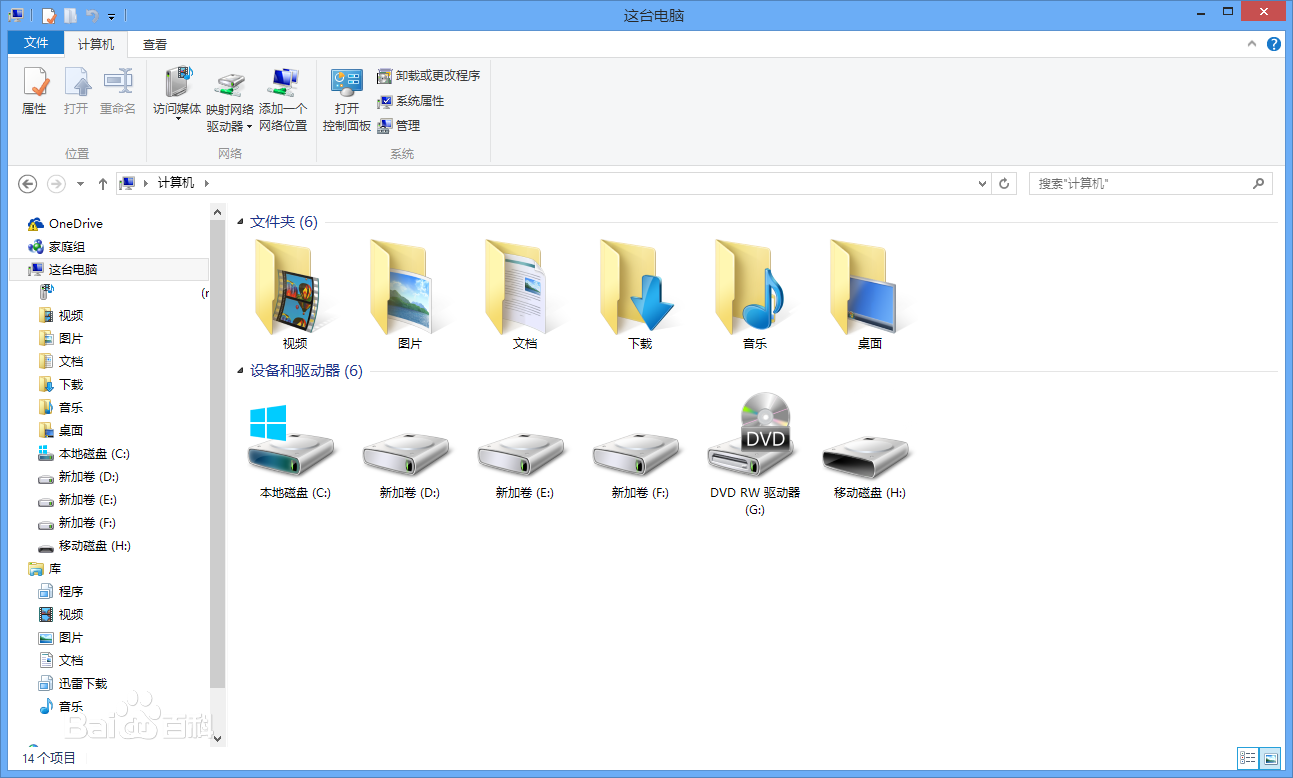LoRa wireless networks are considered as a key enabling technology for next generation internet of things (IoT) systems. New IoT deployments (e.g., smart city scenarios) can have thousands of devices per square kilometer leading to huge amount of power consumption to provide connectivity. In this paper, we investigate green LoRa wireless networks powered by a hybrid of the grid and renewable energy sources, which can benefit from harvested energy while dealing with the intermittent supply. This paper proposes resource management schemes of the limited number of channels and spreading factors (SFs) with the objective of improving the LoRa gateway energy efficiency. First, the problem of grid power consumption minimization while satisfying the system's quality of service demands is formulated. Specifically, both scenarios the uncorrelated and time-correlated channels are investigated. The optimal resource management problem is solved by decoupling the formulated problem into two sub-problems: channel and SF assignment problem and energy management problem. Since the optimal solution is obtained with high complexity, online resource management heuristic algorithms that minimize the grid energy consumption are proposed. Finally, taking into account the channel and energy correlation, adaptable resource management schemes based on Reinforcement Learning (RL), are developed. Simulations results show that the proposed resource management schemes offer efficient use of renewable energy in LoRa wireless networks.
翻译:Lora无线网络被视为下一代物联网系统的关键赋能技术。新的IoT部署(如智能城市情景)每平方公里可拥有数千个设备,导致大量电力消耗提供连通性。在本文件中,我们调查由电网和可再生能源混合供电的绿色LoRa无线网络,这些网络在处理间歇供应时可以从收获的能源中受益。本文件提出了有限的渠道和扩散因素(SF)的资源管理计划,目的是提高LoRa网关能源效率。首先,提出了电网消费在满足系统服务质量的同时尽量减少电网消费的问题。具体地说,两种方案都调查了与电网和时间有关的各种渠道。最佳资源管理问题通过将开发的问题分为两个子问题来解决:频道和SF分配问题和能源管理问题。由于最佳解决方案是以高复杂性获得的,因此提出了尽量减少电网能源消耗的在线高调算法。最后,考虑到频道和能源需求的质量要求,同时满足系统服务质量要求。具体地说,对不相关和时间相关渠道都进行了调查。最佳资源管理问题通过将开发的节能管理计划,从而显示可再生能源管理体系中的拟议结果。





